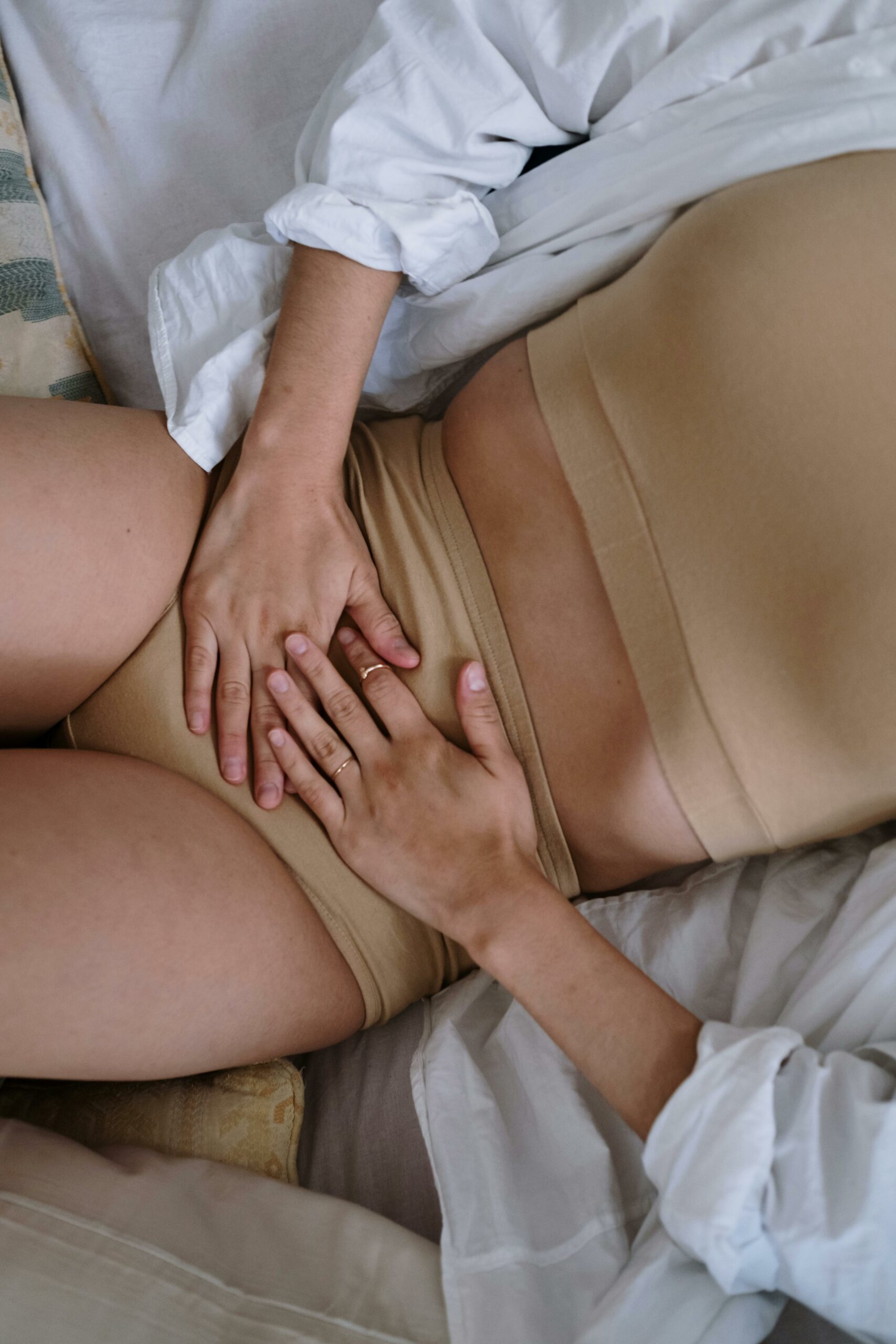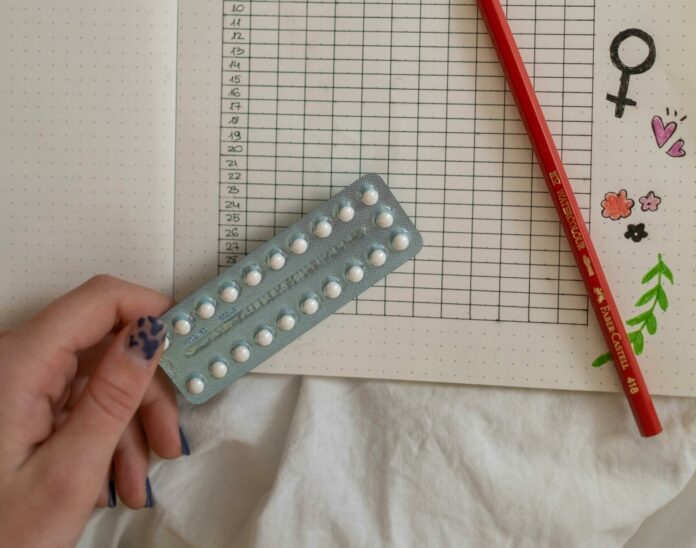In light of Endometriosis Awareness Month, Dr Bhavini Shah, a GP for Lloyds Pharmacy Online Doctor has shared with Goss.ie how the contraceptive pill can be used to help relieve symptoms of the condition.
Endometriosis, although common, is a condition in which a lot of women and men know little about.
Endometriosis is when tissue or cells similar to the lining of the uterus, called the endometrium, grow outside the uterus.

This leads to inflammation and the growth of scar tissue in the pelvic area and on occasion, elsewhere in the body.
Goss.ie previously chatted to Dr. Doireann O’Leary to hear her thoughts and knowledge on the chronic condition that affects approximately 10 per cent of women in Ireland.
You can read the full article here.

Raising awareness of this condition is incredibly important as many women’s lives can be affected by the disease, causing them to miss work, cancel social activities and put a strain on their relationships.
Endo has been commonly referred to as a “period condition” – assuming that it only affects a woman’s menstrual cycle, however, the disease has been proven to affect other parts of the body.
While pelvic pain, or intense cramping during one’s period, is one of the main symptoms, women with endo can experience pain during intercourse, heavy bleeding, nausea, vomiting, fatigue, lack of energy, bloating and bowel and bladder symptoms including diarrhoea and constipation.

While there is no cure for the condition there are ways women can help themselves.
Dr. Bhavini Shah said: “It’s so important to raise awareness for this common condition with events such as Endometriosis Awareness Month so more people can recognise the signs and symptoms and understand how they can seek treatment.”
Speaking about hormonal contraception and how this can help combat some women’s symptoms, Dr. Shah said: “Hormonal contraception can be helpful in managing endometriosis”
“The hormones in the combined pill cause the uterus lining to become thinner, causing periods to become shorter and lighter, helping to reduce endometriosis symptoms.”

She continued: “The mini pill (progesterone-only pill) is thought to relieve the symptoms of endometriosis by suppressing the growth of endometriosis deposits and may also reduce endometriosis-induced inflammation.”
“Your doctor will work with you to find the best treatment method for your circumstances.”
Speaking about the condition itself, the GP said: “There’s currently no cure for endometriosis but there are options that can help you manage your symptoms.”

“The treatment of endometriosis depends on a variety of factors, including: the type and severity of your symptoms, how much endometriosis you have, and where it is, whether you are planning a pregnancy, whether you wish to use contraception, and your personal preferences for treatment.”
“You may be offered a combination of medical, hormonal and surgical treatments.”
Every body is different and what might work for some women, may not work for others, so it is important to discuss the management of symptoms with your GP or gynaecologist.
For more information women can head over to the Endometriosis Association of Ireland’s website where they can become a member and help advocate for change.

